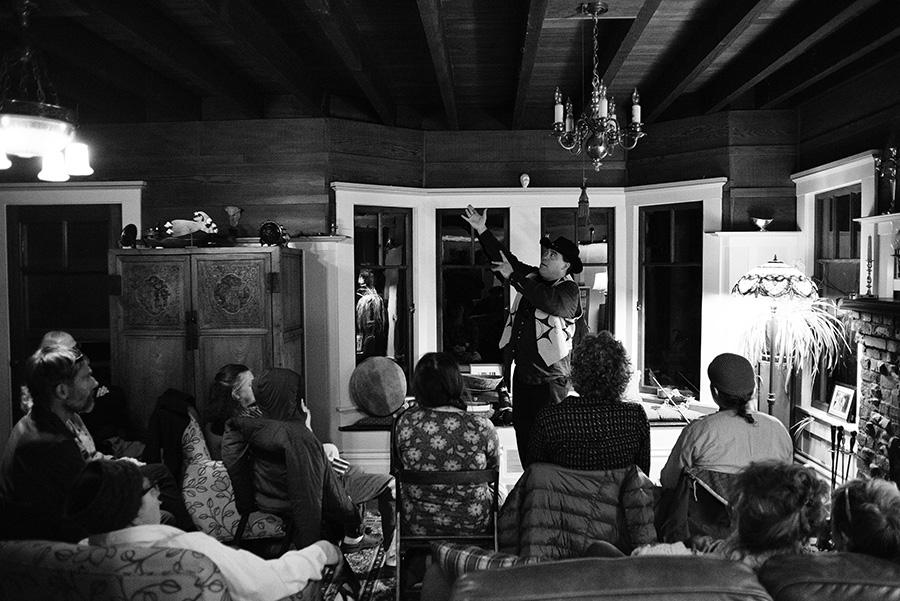Sky Road Webb came to California a decade ago on a quest to unearth his Indian heritage. He expected to find his mother, whom . . .
Sky Road Webb, keeping Miwok music


Sky Road Webb came to California a decade ago on a quest to unearth his Indian heritage. He expected to find his mother, whom . . .